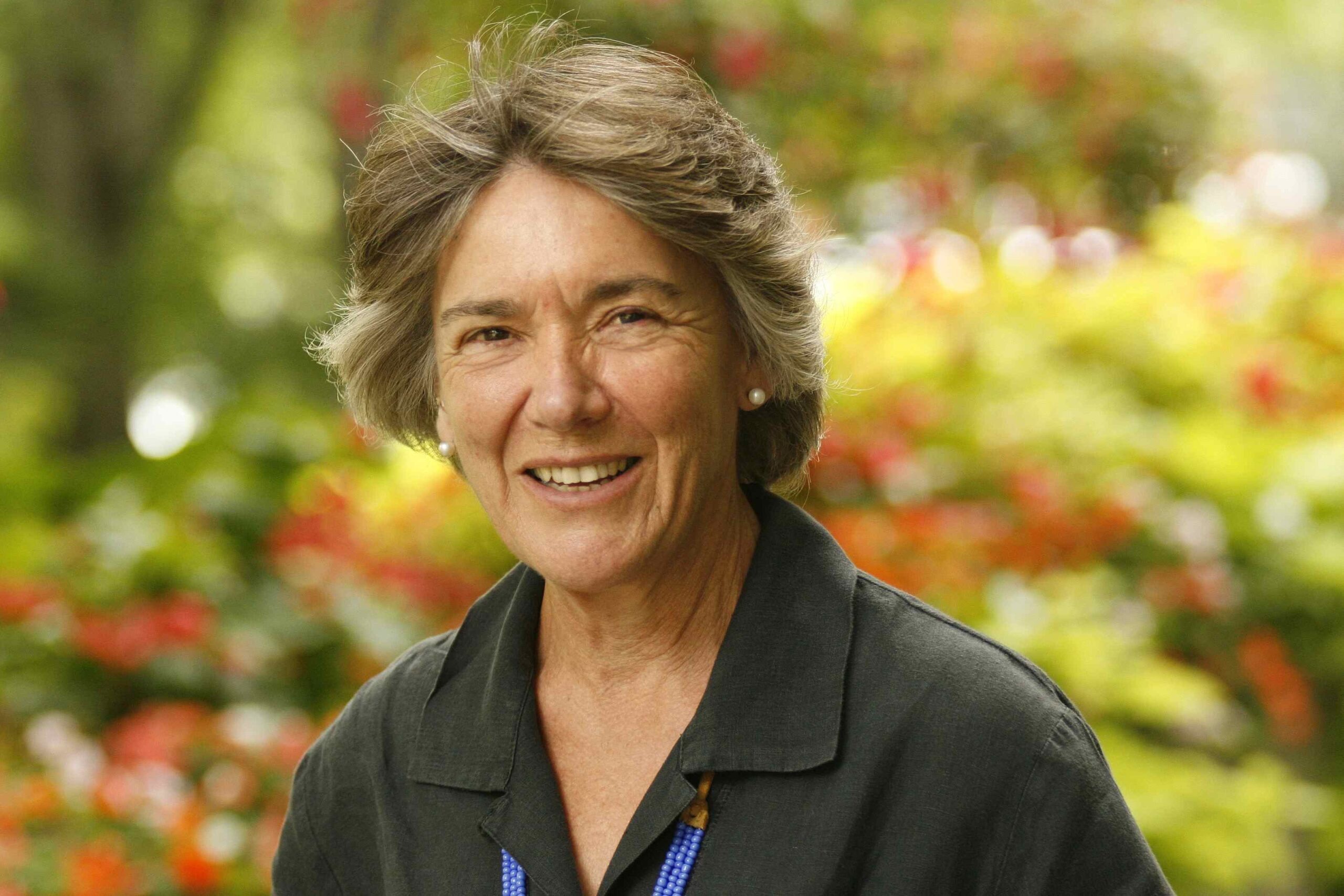
The Canadian Institutes of Health Research (CIHR) Pathways to Health Equity for Aboriginal People has awarded $674,220 CAD to Dr. Lucie Lévesque (Queen’s University) and colleagues to conduct a comprehensive evaluation of the Kahnawà:ke Schools Diabetes Prevention Project (KSDPP) Community Mobilization Training (CMT) program in ten Indigenous communities across three Canadian provinces and the Northwest Territories. The three-year project started April 1, 2017. In conjunction with this grant, the R. Howard Webster Foundation/ Fondation R. Howard Webster has awarded funding to Dr. Ann C. Macaulay (Dept. of Family Medicine, McGill University) and KSDPP to support the implementation the KSDPP CMT in four of these Indigenous communities.
Why Community Mobilization Training?
Despite community resilience in the face of ongoing colonialism, the prevalence of type 2 diabetes among Indigenous populations in Canada has increased over the past two decades. KSDPP Community Mobilisation Training (CMT) for Diabetes Prevention aims to build upon community resilience and the strengths of Indigenous knowledge systems to engage community stakeholders in the development and implementation of diabetes prevention strategies in their community. Through these grants we will study its implementation and impact in First Nations, Inuit and Métis communities across Canada to learn about factors, conditions, and types of social systems that are necessary for the successful implementation and scale-up of a recognized best practice for diabetes prevention.
The Team:
Nominated Principal Applicant (CIHR): Lucie Lévesque (PhD), Queen’s University at Kingston; long-time KSDPP researcher who began with KSDPP in 1998 as a post-doctoral fellow
Nominated Principal Applicant (R. Howard Webster Foundation/Fondation R. Howard Webster): Ann C. Macaulay (CM MD), Dept. of Family Medicine, McGill University, and founding member of KSDPP in 1994
Co-Principal Applicant, Knowledge User: Alex M. McComber ScD (h.c.), Kahnawà:ke community member, Kahnawà:ke Schools Diabetes Prevention Project (KSDPP) since 1994
Co-Principal Applicant: Treena Delormier (PhD), University of Hawai’i; Kahnawà:ke community member who undertook her graduate training with KSDPP and is a member of KSDPP Research Team
Knowledge Users: Jeff LaPlante, National Aboriginal Diabetes Association (NADA); Amelia McGregor, KSDPP; Robert Geneau, Public Health Agency of Canada (PHAC); Elizabeth Proskurnik, Southeast Resource Development Corporation – Manitoba (SERDC); Roslynn Baird, Indigenous Diabetes Health Circle (formerly Southern Ontario Aboriginal Diabetes Initiative); Nancy Gros-Louis McHugh, First Nations of Quebec and Labrador Health and Social Services Commission (FNQLHSSC); Christine Jean, Centre d’amitié autochtone de La Tuque; Jacinthe Poulin, Regroupement des Centres d’amitié autochtones du Québec
Academic Co-applicants & Community Collaborators: Marie-Claude Tremblay, Université Laval; Jon Salsberg, McGill University; Chantelle Richmond, Western University; Colin Baillie, Queen’s University; Judith Ohsennenáwi Jacobs KSDPP; Erica Perkins, Biigtigong Nishnaabeg First Nation; Anita Daniels, Tłıc̨hǫ Nation, Behchoko Office; Peggy Domingue, Chapleau Cree Health Services; Sarah Fraser, Université de Montréal & Tasiurvik Research Centre; Caroline Weetaltuk, Tasiurvik Family House of Kuujjuaraapik; Mary Jo Wabano, NANDWECHIGE-GAMIG Wikwemikong Health Centre; Leona Star and Wendy McNab, Nanaandawewigamig First Nations Health and Social Secretariat of Manitoba; Isabelle Aubé, Native Way Training Centre; Philina Sky, Minowaywin Mishkikii Qwe; Veronica Nicholson, Timmins Native Friendship Centre.
Related coverage
Radio-Canada | Le diabète, l’ennemi silencieux des Premières Nations
